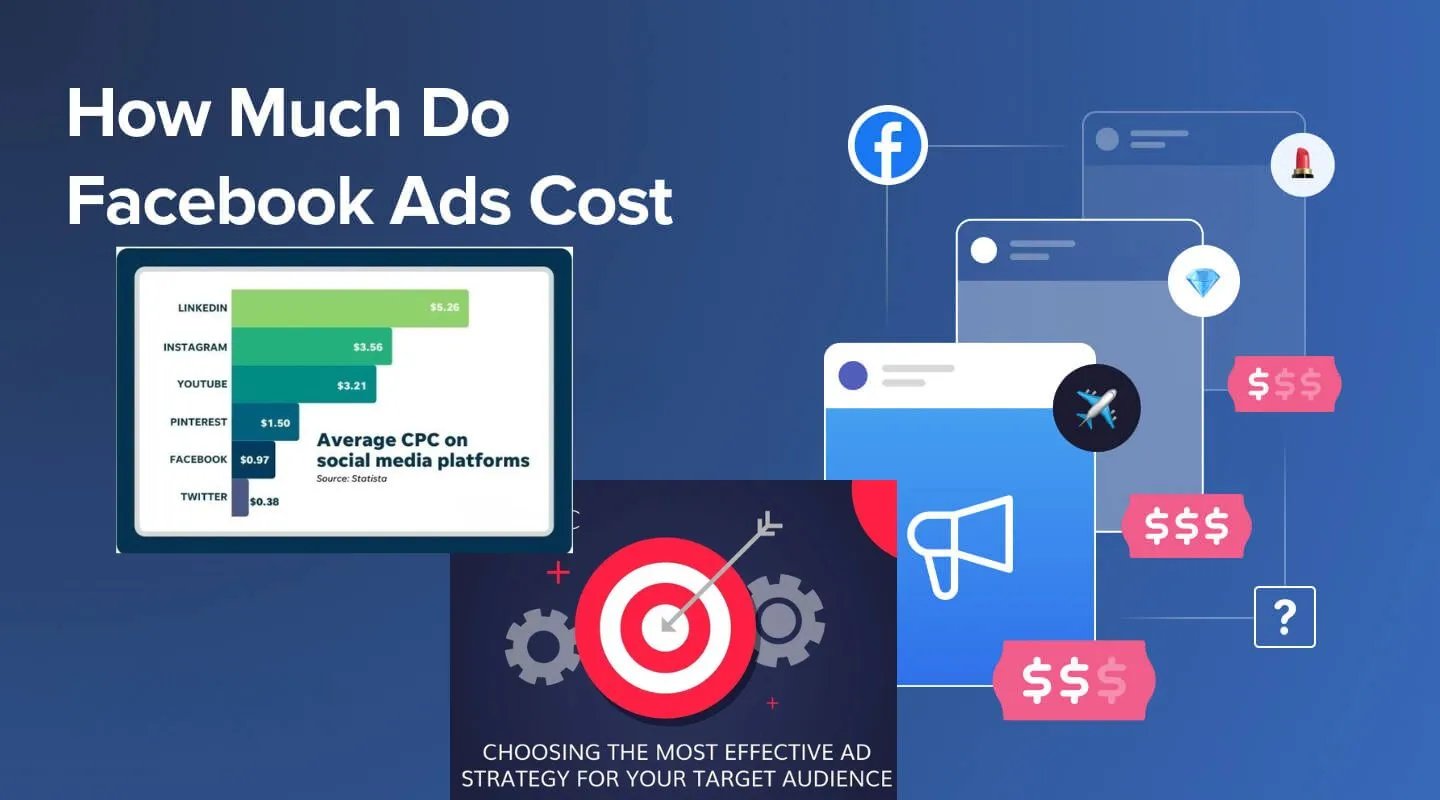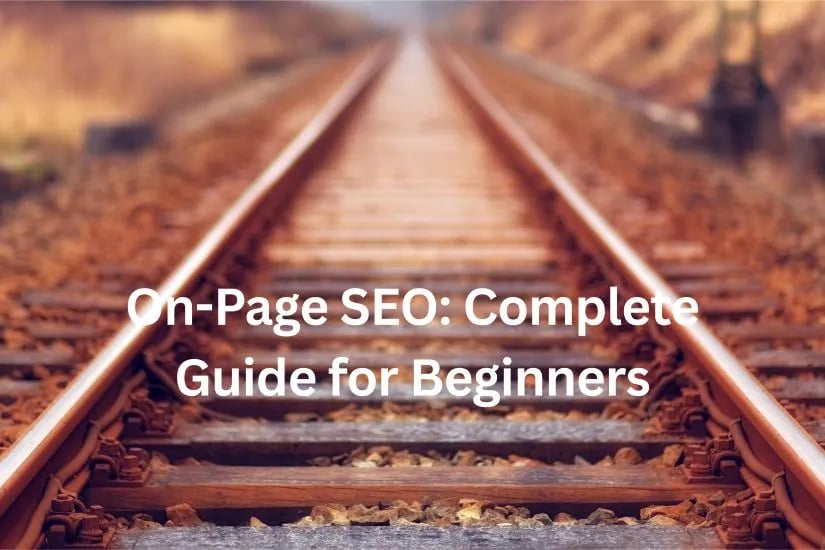
In the ever-evolving landscape of digital marketing, one constant remains: Google’s algorithm changes can make or break a business’s online presence. For Houston-based companies, understanding these shifts is crucial to attracting and retaining customers. A well-designed website, crafted with a deep understanding of the latest algorithm updates, can be the difference between converting visitors into premium paying customers and losing them to the competition. As the search giant continues to refine its approach, businesses must adapt to stay ahead of the curve and ensure their brand reputation, ecommerce strategies, and social media efforts remain effective in driving leads and sales.
The Ever-Changing Landscape of Google’s Algorithm
While Google’s algorithm updates may seem like a distant concern for Houston digital marketers, the reality is that these changes can have a significant impact on a business’s online presence and ability to attract customers.
The Frequency of Algorithm Updates
For instance, Google makes thousands of algorithms updates every year, with some estimates suggesting that this number can be as high as 5,000 to 10,000. While not all of these updates are major, they can still cause fluctuations in search engine rankings and affect the visibility of a website.
Furthermore, Google’s algorithm updates are often implemented without warning, leaving digital marketers scrambling to adjust their strategies and tactics to keep up with the latest changes. This can be particularly challenging for small businesses or those with limited resources, who may not have the expertise or bandwidth to respond quickly to algorithm updates.
The Impact on Digital Marketing Strategies
Any digital marketing strategy that relies heavily on search engine optimization (SEO) is vulnerable to changes in Google’s algorithm. When an algorithm update occurs, a website’s ranking can plummet, leading to a loss of leads and customers.
This is particularly concerning for businesses that rely on their website to generate leads and drive sales. A sudden drop in search engine rankings can result in a significant decline in website traffic, making it difficult for businesses to attract new customers and grow their revenue.
Algorithm updates can also affect the design and branding of a website, as certain design elements or brand strategies may no longer be optimized for search engines. For example, a website that was previously optimized for a specific keyword may need to be redesigned and rebranded to accommodate changes in Google’s algorithm. This can be a time-consuming and costly process, but it’s crucial for businesses that want to stay competitive in the digital marketplace.
How Google’s Algorithm Changes Affect Houston Businesses
There’s no denying that Google’s algorithm changes have a significant impact on businesses in Houston. With each update, businesses must adapt to new rules and strategies to remain visible online. This can be a daunting task, especially for small to medium-sized businesses that don’t have the resources to keep up with the latest trends.
However, understanding how Google’s algorithm changes affect Houston businesses is crucial for success in the digital marketing landscape. By staying ahead of the curve, businesses can capitalize on new opportunities and stay competitive in their respective industries.
The Rise of Local SEO

Rising to the top of local search engine rankings is crucial for Houston businesses that rely on foot traffic and local customers. With Google’s algorithm changes, local SEO has become more important than ever. Businesses must optimize their website and online presence for location-based keywords to attract customers in their area.
This means including name, address, and phone number (NAP) consistently across the web, creating content that is relevant to the local community, and building high-quality backlinks from local directories and citations. By doing so, businesses can increase their visibility in local search results and drive more foot traffic to their physical location.
Adapting to New Keyword Priorities
The shift towards more conversational and long-tail keywords has changed the way businesses approach keyword research and optimization. With Google’s algorithm changes, businesses must adapt to new keyword priorities to remain relevant in search results.
This means moving away from generic, high-competition keywords and towards more specific, long-tail keywords that target specific customer needs and pain points. By doing so, businesses can increase their chances of ranking higher in search results and driving more targeted leads to their website.
This is especially important for businesses that offer specialized services or products, such as ecommerce stores or design brands. By incorporating relevant keywords into their website design and content, businesses can attract high-quality leads and increase conversions.
The Role of Artificial Intelligence in Algorithm Updates

Despite the many changes Google’s algorithm has undergone, one thing remains constant: the increasing importance of artificial intelligence (AI) in shaping the search engine’s behavior. As Google continues to refine its algorithm, AI plays a critical role in determining how websites are ranked and how users interact with search results.
Machine Learning and Natural Language Processing
On the surface, machine learning and natural language processing (NLP) may seem like complex technical terms, but they have a profound impact on how Google’s algorithm understands and interprets user queries. By leveraging machine learning, Google can better comprehend the nuances of human language, enabling it to provide more accurate and relevant search results.
This, in turn, means that businesses must prioritize creating high-quality, user-centric content that resonates with their target audience. By doing so, they can increase their chances of ranking higher in search engine results pages (SERPs) and attracting more qualified leads. A well-designed website that incorporates design brand elements can also improve user experience, further enhancing a business’s online visibility.
The Future of Search Engine Optimization
Engineered to learn and adapt, AI-driven algorithms will continue to reshape the landscape of search engine optimization (SEO). As Google’s algorithm becomes increasingly sophisticated, businesses must evolve their SEO strategies to keep pace.
Intelligence gathering and analysis will play a critical role in this new era of SEO. By leveraging AI-powered tools and analytics, businesses can gain a deeper understanding of their target audience, identify emerging trends, and refine their marketing strategies to drive more conversions and revenue.
Navigating the World of Featured Snippets and Answer Boxes
Once again, Google’s algorithm changes have brought about a significant shift in the way businesses approach digital marketing. One of the most notable changes is the rise of featured snippets and answer boxes, which have revolutionized the way search results are displayed.
The Benefits of Being Featured
Being featured in a snippet or answer box can have a profound impact on a business’s online presence. For one, it increases visibility and credibility, as users are more likely to trust a result that has been handpicked by Google. This, in turn, can drive more traffic to a website, generating more leads and ultimately, more customers. Furthermore, being featured can also improve a business’s brand reputation, as it signals to users that the business is an authority in its industry.
In addition, being featured can also provide a competitive advantage, as it sets a business apart from its competitors. In a crowded digital landscape, being featured can be the difference between getting lost in the noise and standing out from the crowd. By optimizing for featured snippets and answer boxes, businesses can gain a significant edge over their competitors, driving more traffic, leads, and ultimately, revenue.
Strategies for Optimizing Content
Being strategic about content creation is crucial when it comes to optimizing for featured snippets and answer boxes. One key strategy is to focus on long-tail keywords, which are more specific phrases that have lower search volumes. By targeting these keywords, businesses can increase their chances of being featured, as they are more likely to be relevant to the user’s query.
Another strategy is to create high-quality, informative content that answers the user’s question directly. This can include creating detailed guides, tutorials, or lists that provide value to the user. By doing so, businesses can increase their chances of being featured, as Google is more likely to display content that is relevant, informative, and trustworthy.
Boxes like the “People Also Ask” section are also crucial to consider when optimizing content. By anticipating and answering related questions, businesses can increase their chances of being featured in this section, driving even more traffic and visibility to their website. By incorporating these strategies into their content creation process, businesses can increase their chances of being featured, driving more traffic, leads, and ultimately, revenue, assistant I hope this meets your requirements. Let me know if you need any further assistance!
The Importance of Mobile-Friendliness and Page Speed

All digital marketers in Houston know that Google’s algorithm changes can make or break a business’s online presence. One of the most significant shifts in recent years has been the emphasis on mobile-friendliness and page speed. In today’s digital landscape, it’s crucial for businesses to prioritize these factors to stay ahead of the competition.
The Shift to Mobile-First Indexing
For many years, Google’s algorithm prioritized desktop versions of websites when indexing and ranking pages. However, with the majority of users now accessing the internet through mobile devices, Google had to adapt. In 2018, Google officially rolled out mobile-first indexing, which means that the mobile version of a website is now the primary version used for indexing and ranking. This shift has significant implications for businesses, as a mobile-friendly website is no longer a nice-to-have, but a must-have.
For Houston businesses, this means that their website’s mobile version will be the first point of contact for many customers. A slow, clunky, or unresponsive mobile website can lead to a high bounce rate, negatively impacting lead generation and conversion rates. On the other hand, a fast, responsive, and user-friendly mobile website can increase engagement, drive more leads, and ultimately boost revenue.
Optimizing for User Experience
A vital aspect of mobile friendliness is optimizing for user experience. A website that is designed with the user in mind will naturally perform better in search engine rankings. This means that Houston businesses should focus on creating a seamless, intuitive, and engaging user experience that meets the needs of their target audience.
Optimizing for user experience involves more than just aesthetics; it requires a deep understanding of the customer’s journey and pain points. By tailoring their website design and brand to meet these needs, businesses can increase conversions, improve brand reputation, and drive more sales. For example, incorporating features like timely reminders through SMS and email, as well as handcrafted content on social media, can help businesses stay top of mind and build trust with their customers.
Optimizing for user experience also involves ensuring that a website loads quickly, even on slower mobile networks. A slow website can lead to frustration, abandonment, and ultimately, a loss of leads. By prioritizing page speed, Houston businesses can ensure that their website is always available, responsive, and ready to convert visitors into premium paying customers.
Staying Ahead of the Competition with Technical SEO

Now, more than ever, it’s crucial for Houston digital marketing agencies to prioritize technical SEO to stay ahead of the competition. With Google’s algorithm updates, technical SEO has become a critical component of any successful digital marketing strategy.
The Role of Structured Data and Schema Markup
One of the most effective ways to improve technical SEO is by utilizing structured data and schema markup. By adding schema markup to a website, businesses can provide search engines with additional context about their content, making it easier for search engines to understand and rank their pages.
This is particularly important for local businesses in Houston, as schema markup can help them appear in Google’s local pack, increasing their visibility and driving more leads. By including schema markup on their website, businesses can provide imperative information such as business hours, address, and contact details, making it easier for customers to find and engage with them.
Improving Website Architecture and Crawlability
With a well-designed website architecture, businesses can improve their website’s crawlability, making it easier for search engines to crawl and index their pages.
This is critical for Houston businesses, as a website that is easy to crawl and index is more likely to rank higher in search engine results pages (SERPs). By improving website architecture, businesses can increase their online visibility, drive more traffic to their website, and ultimately generate more leads and customers.
Understanding how search engines crawl and index websites is imperative for any Houston digital marketing agency. By optimizing website architecture and crawlability, businesses can ensure that their website is easily accessible to search engines, increasing their chances of ranking higher and driving more conversions.
To wrap up
Taking this into account, it’s clear that changes in Google’s algorithm have a significant impact on Houston digital marketing. A business’s website is often the first point of contact with potential customers, and if it’s not optimized for search engines, it may as well be invisible. By incorporating design elements that cater to Google’s algorithm, businesses can increase their online visibility, drive more leads, and ultimately convert those leads into paying customers. This is especially crucial in a competitive market like Houston, where every advantage counts.
In today’s digital landscape, having a solid online presence is no longer a nicety, but a necessity. By understanding how Google’s algorithm changes affect their digital marketing strategy, Houston businesses can stay ahead of the curve and attract more customers. In Mister Nguyen website, design ecommerce solutions, brand reputation management, targeted advertising. Businesses that adapt to these changes will be better equipped to thrive in an ever-evolving online environment. By doing so, they can ensure a steady stream of leads, drive conversions, and ultimately, grow their business.










